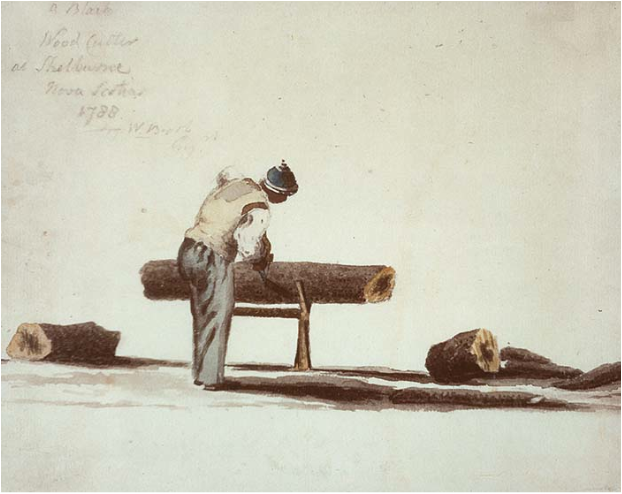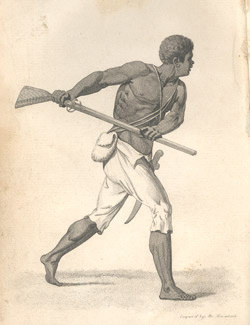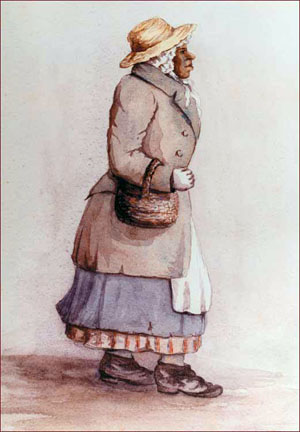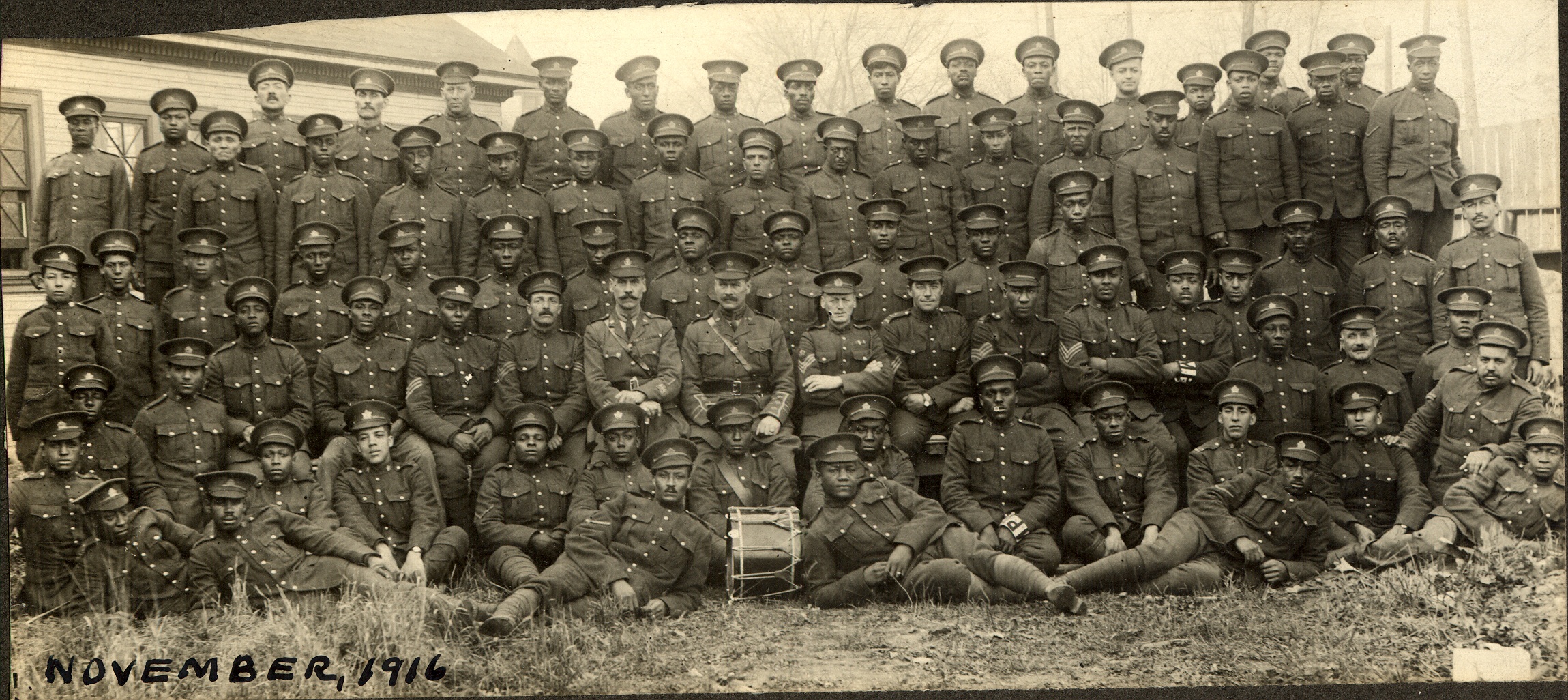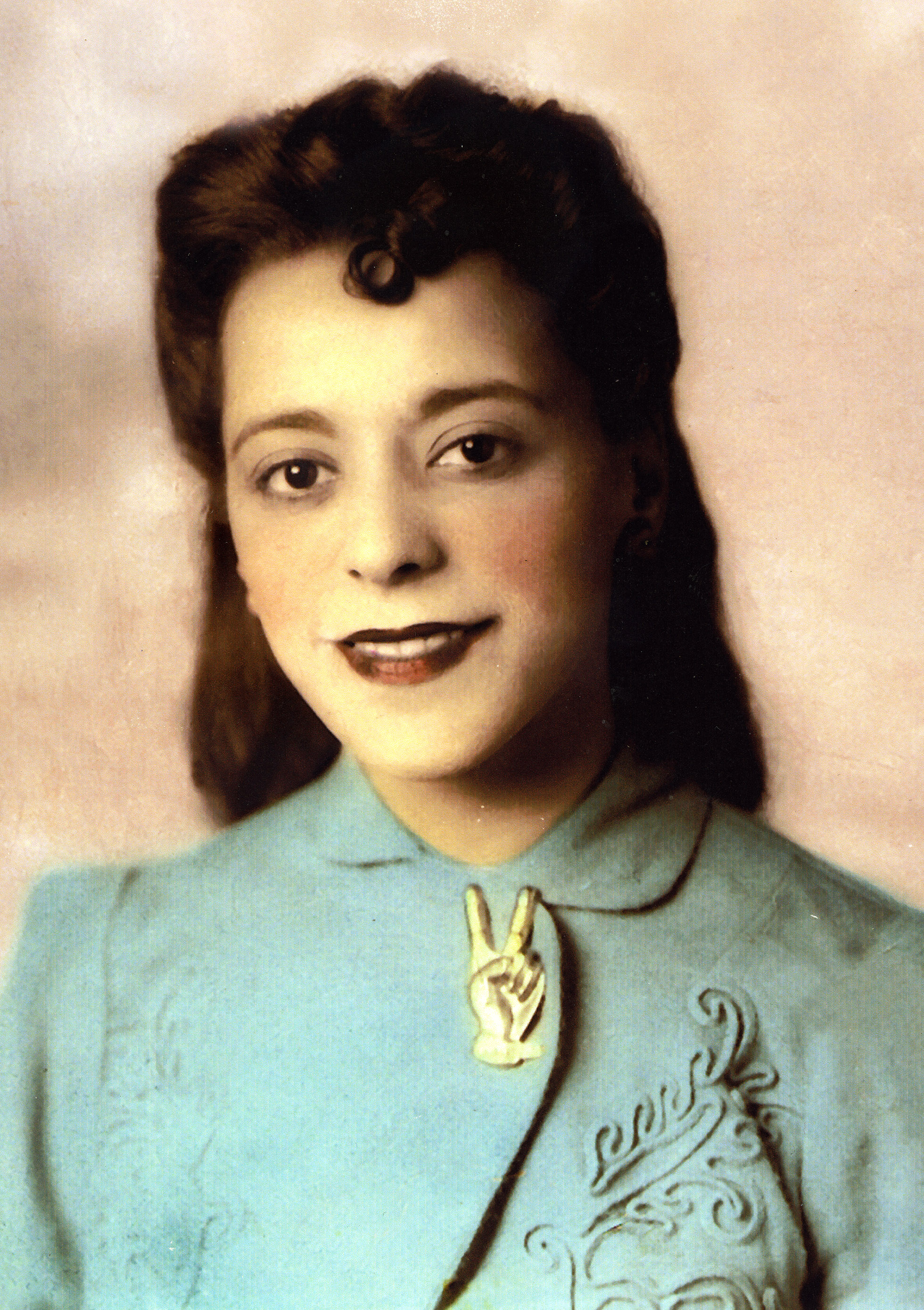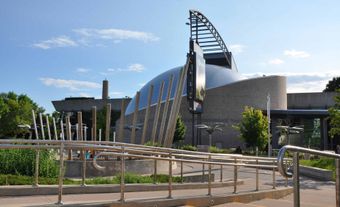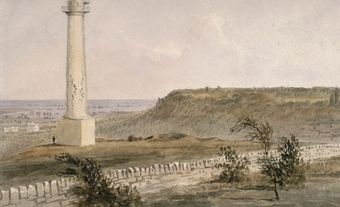Founding
In 1945, Dr. William Pearly Oliver, an advocate for the Nova Scotian Black community and pastor of the Cornwallis Street Baptist Church, recommended creating the Nova Scotia Association for the Advancement of Coloured People. Its purpose was to fight discrimination related to employment, education and housing. He firmly believed that discrimination would be eradicated if the Black community were to encourage its members and children to pursue education and acquire skills that would help them integrate into Canadian society.
Born of his vision of an educational and cultural centre that would meet the needs and further the ambitions of Black communities in Nova Scotia, the idea of a cultural centre was put forth by Dr. Oliver in 1972. The sod-turning ceremony was held on 24 April 1982, and 17 months later, on 17 September 1983, the centre opened its doors. In many ways, this inauguration marked the end of one long journey and the beginning of another equally long trajectory.
The Society for the Protection and Preservation of Black Culture in Nova Scotia (more commonly known as the Black Cultural Society) was incorporated as a not-for-profit organization in 1977. It has a board of directors consisting of10 administrators who work in various fields and represent the different Black communities in Nova Scotia, whose population numbered 20,790 as of the 2011 census.
Objectives and Programs
The centre welcomes visitors who want to learn more about the settlement of thousands of people of African origin in Nova Scotia. It aims to protect, preserve and promote the history and culture of Nova Scotians of African descent. A bookstore, an auditorium and exhibition rooms allow visitors to explore this rich heritage and retrace the history of Black people in Canada. Topics addressed include community life, religion, military service and immigration. Particular attentionis given to the history of slavery, the migration of Black Loyalists in 1782, Black refugees from the War of 1812, Maroons from Jamaica and the Caribbean, and the No. 2 Construction Battalion (the first and only all-Black battalion in Canadian military history).

 Share on Facebook
Share on Facebook Share on X
Share on X Share by Email
Share by Email Share on Google Classroom
Share on Google Classroom
